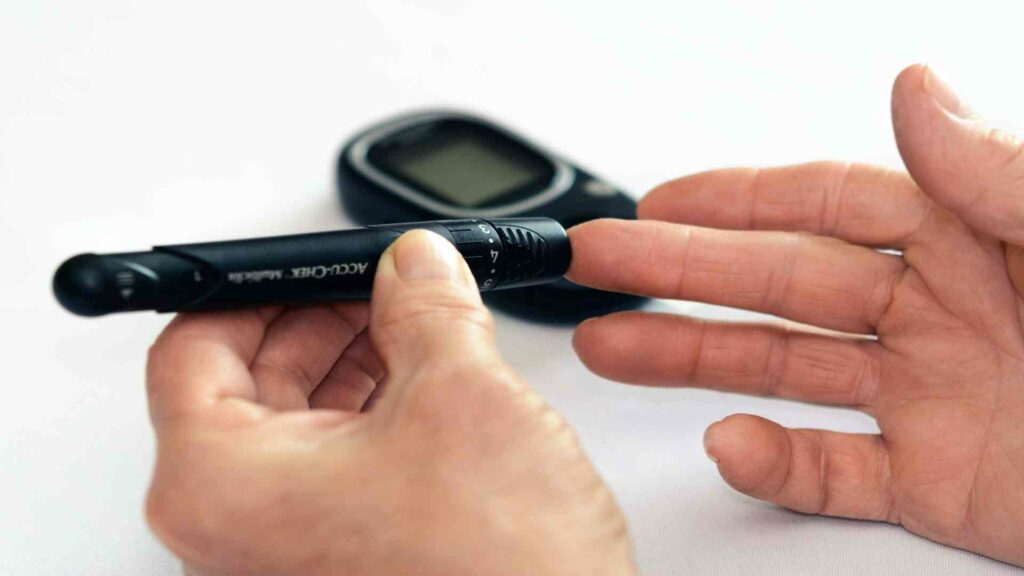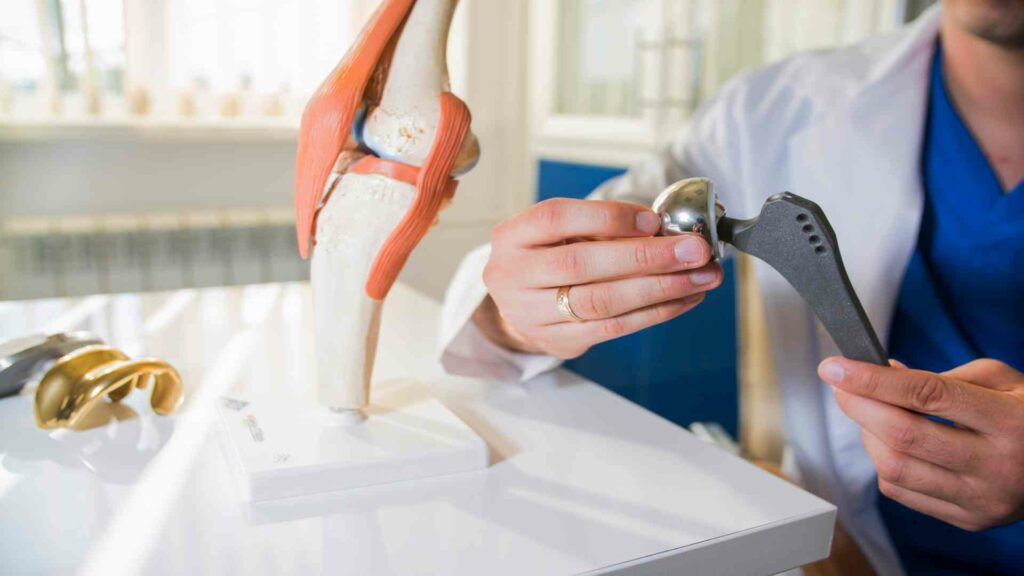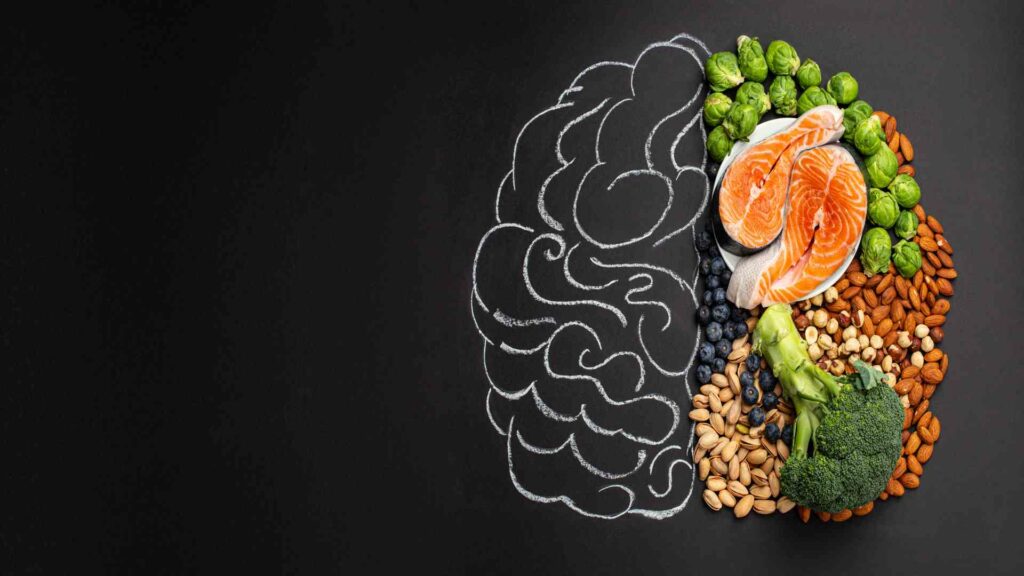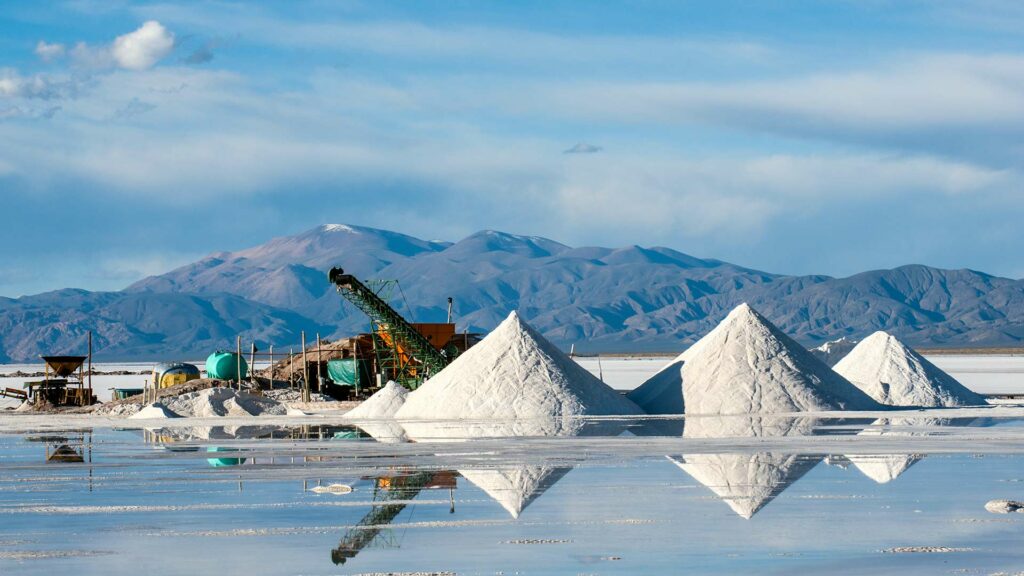Boron and Prostate Cancer Prevention
Prostate cancer treatments may use boron as it selectively destroys prostate cancer cells’ growth while keeping healthy cells unaffected. It also lowers prostate-specific antigen (PSA), which is a potential cause of cancer development.

prostate cancer
Boron Attacks Prostate Cancer Cells
There is significant evidence to suggest that boron plays a key role in reducing prostate cancer risks. One study found that men with adequate levels of boron were 64% less to get prostate cancer. A study in 2001 looked at the diets of 76 patients with prostate cancer and compared them with 7,651 adults without cancer.
Interestingly, the group with a higher amount of boron diet had a substantial reduction in cancer risk as they consumed only 2.5 additional fruit servings and one extra nut per day compared to those with the lowest boron consumption group.
Later research proved these findings where the dietary boron consumption of 95 patients with prostate cancer was compared to that of 8,720 healthy males. Age, education, smoking, racial group, body mass index, dietary patterns, and alcohol intake were all monitored.
The research discovered that men who consumed the most boron had a 54% lesser risk of developing cancer than those who consumed the minimum intake.
Scientists were encouraged by discovering a correlation between a boron diet and reduced cancer risk. They set out to see if boron supplementation could protect against this cancer, and preliminary animal studies indicated that it could.
The researchers discovered that prescribing varying concentrations of a boron-containing solution greatly reduced tumor size by 25% to 38%. It also reduced PSA levels from 86% to 89% — the most extensive protein produced in the prostate gland—suggesting a potential explanation for such anticancer effects. These results indicated that supplemental boron could have both preventive and therapeutic effects, aiding in the shrinkage of prostate tumors and reducing PSA levels.
Boron as an Adjuvant Treatment
Several more studies have prompted researchers to believe that boron has therapeutic potential in prostate cancer prevention.
PSMA, or prostate-specific membrane antigen, is a less well-known protein than PSA. While PSMA is not yet fully validated as an indicator, studies show that PSMA expression is higher in prostate cancer tumors and metastases than in men without cancer.
According to a cell research relied on boron’s ability to suppress PSMA, boron-rich compounds exhibited the highest uptake by tumor growth, implying that boron compounds could be beneficial in creating a new category of therapeutic agents against prostate cancer known as boron neutron capture therapy (BNCT). It is a non-invasive syringe anticancer therapy that employs boron.
Moreover, a 2014 report conducted on Tumour Biology found that a boron-containing compound stimulated apoptosis, or cellular damage, in cancer cells. The boron agent disturbed the normal arrangement of actin filaments in cancer cells, which are threadlike protein fibers, a crucial element or basic structure of the cell.
Other cytotoxic or cell-killing impacts of the boron compound were observed, such as a lowering in telomerase activity in cancerous cells. They further concluded boron is an essential element for its therapeutic benefits in cancer prevention.
Indeed, boron provides an additional layer of defense against prostate cancer metastasis. Boron is highly concentrated in bone, and thus it serves as an extra layer against prostate cancer symptoms in the bone.
Boron: A Major Player in Bone Health
Prostate cancer is a severe health concern, mainly due to its ability to disperse to the bone. Around 80% of all prostate cancer progression begins and ends in the bone, and these can cause significant skeletal fractures, anemia, and pain. The most commonly affected areas are the pelvis, ribs, spine, skull, and proximal femur.
The median survival rate for patients with bone metastases is only forty months, making this a deadly form of the disease. Boron’s impressive ability to prevent the dispersion of cancer cells while preserving normal cells have a specific target effect on cells that have moved to the bone. This cytotoxic effect can lower the present 28,000 American deaths from this disease each year.
Foods or Drinks that Protect Prostate
What you eat may significantly impact your risk of developing cancer. A healthy diet can help lower your risk of developing the disease or slow its progression if you already have it.
The University of California, San Francisco Medical Center recommends a diet high in fiber, fruits, and vegetables low in saturated fat and simple sugars. While there are many options, some particular options include a boron-containing diet such as red wine, coffee, almonds, and some fruits and vegetables.
Red Wine:
It is observed that men who drink red wine have a lower risk than those who don’t drink any wine. Four or a maximum of 8 glasses of red wine a week have a nearly 50-60% lesser risk than non-drinkers. However, there was no major risk reduction for white wine, beer, or liquor.
Coffee:
Coffee has also been linked to a reduced prostate cancer risk. Men who intake 6 or more cups of coffee daily reduced their risk by nearly 20%. Surprisingly, it made no difference whether they took caffeinated or decaffeinated coffee.
Almonds:
Almonds are a good source of vitamin E, which has been shown to protect cells from damage. Additionally, almonds contain plant compounds that may help lower testosterone levels in the body, and high testosterone levels have been linked with increased prostate cancer risk.
Almonds, grapes, peanuts, peanut butter, grape juice, dried nuts, and legumes contain high levels of boron. In addition, fruits and vegetables, specifically cruciferous vegetables, such as cauliflower, kale, broccoli, cabbage, brussels sprouts, and bok choy, contain many micronutrients and ingredients that have a protective effect. People who consume a lot of fruits and vegetables have a relatively low risk of developing cancer and other diseases.
Conclusion
Boron is an essential trace mineral to maintaining healthy bones and joints. However, boron’s benefits don’t stop there – boron can also help inhibit the growth of cancer cells and their metastases.
In other words, boron can kill cancerous cells without affecting healthy prostate cells. This potentially makes it a highly targeted and effective treatment for prostate cancer.
Sometimes, it is impossible to get adequate boron levels from foods alone; however, supplementing this mineral is a defense mechanism against cancer, bone loss, and overall health support.





